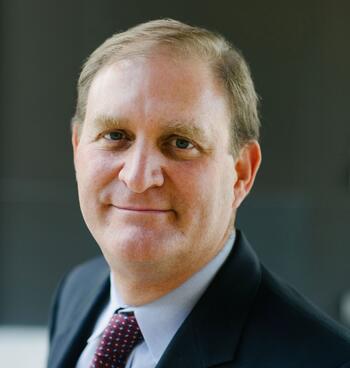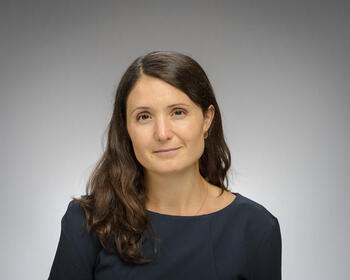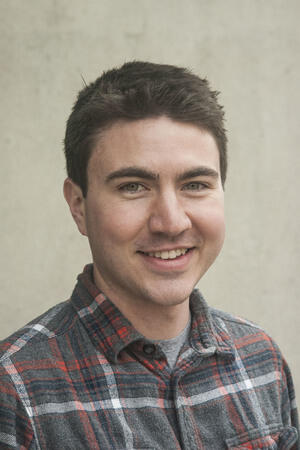Mother Nature, Bioweapons and Lab Accidents: Guarding Against the Next Global Biological Catastrophe
For winter quarter 2022, CISAC will be hosting hybrid events. Many events will offer limited-capacity in-person attendance for Stanford faculty, staff, fellows, visiting scholars, and students in accordance with Stanford’s health and safety guidelines, and be open to the public online via Zoom. All CISAC events are scheduled using the Pacific Time Zone.
SEMINAR RECORDING
About the Event: With the devastating loss of life, economic disruption, and political instability it has wrought, COVID-19 has revealed that national governments and the international community are woefully unprepared to respond to pandemics—underscoring the world’s vulnerability to future catastrophic biological threats that could meet or exceed the severe consequences of the current pandemic. To effectively guard against future biological risks, leaders should take a longer-term view and recognize that, while naturally occurring pandemics remain a threat, the next global catastrophe could result from a laboratory accident or the deliberate misuse of bioscience and biotechnology. This talk will provide a high-level overview of the broader biothreat landscape and outline actions that national leaders and the international community should take with a view to preventing catastrophic biological events—specifically by constraining capabilities and shaping the intent of powerful actors who may wish to exploit the tools of modern bioscience to cause harm. This talk will outline two priority NTI initiatives to strengthen international capabilities to prevent catastrophic biological events. We are working to develop and launch the International Biosecurity and Biosafety Initiative for Science (IBBIS), a new international organization that will focus on preventing the deliberate abuse or accidental misuse of bioscience and biotechnology by strengthening international biosecurity norms and developing innovative, practical tools to reduce risks throughout the research and development life cycle. NTI is also working to develop the concept of a new Joint Assessment Mechanism to strengthen UN-system capabilities to investigate high-consequence biological events of unknown origin. The ability to rapidly discern the source of emerging pandemics is critical to mitigating their effects in real time and protecting against future risks.
About the Speaker: Dr. Jaime M. Yassif is Senior Director and Lead Scientist for Global Biological Policy and Programs at NTI, where her work focuses on strengthening governance of dual-use bioscience and reducing global catastrophic biological risks. Yassif previously served as a Program Officer at Open Philanthropy, where she led the Biosecurity and Pandemic Preparedness initiative. In this role, she managed approximately $40 million in biosecurity grants, which rebuilt the field and supported work in several key areas, including developing new biosecurity programming at leading think tanks, establishing the Global Health Security Index, and initiating new biosecurity work in China and India. Prior to this, Yassif served as a science and technology policy advisor at the U.S. Department of Defense and worked on the Global Health Security Agenda at the U.S. Department of Health and Human Services.









 Chris Hoofnagle
Chris Hoofnagle
 Zahra Takhshid
Zahra Takhshid




